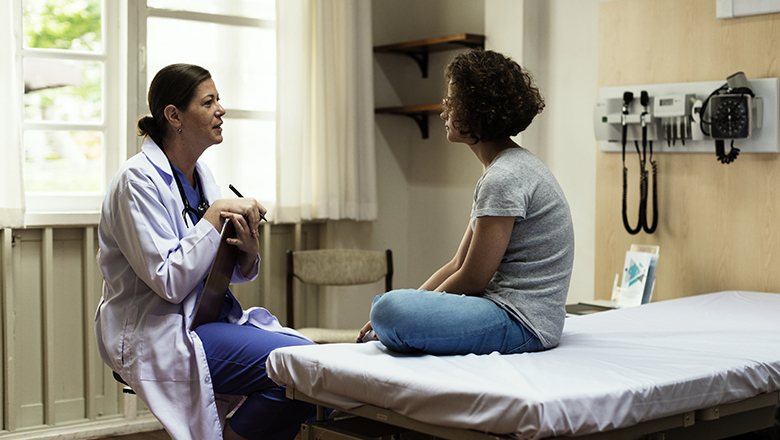Maria Mihalik
Maria Mihalik is newsletter and supplements editor of Associations Now in Washington, DC.
 Associations Now
Associations Now
The College of American Pathologists created the “See, Test & Treat” program for underserved and uninsured women. The initiative earned CAP a Power of A Summit Award.
As they run triage on their families’ basic needs, women in underserved, low-income, and remote communities often put preventative healthcare at the bottom of the list, as do women who can’t afford health insurance. Getting a breast or pelvic exam, coming back for test results, and scheduling follow-up care is even more daunting when they have a demanding job—or two—standing in the way.
To alleviate this struggle, the College of American Pathologists (CAP) harnessed the volunteer spirit of its members to create the “See, Test & Treat” program. The idea is simple: Identify a community in need and offer women same-day access to cancer screening exams and results, then schedule follow-up treatment if needed.
“Breast cancer is curable if detected early, and cervical cancer is preventable,” says Karim Sirgi, M.D., president of the CAP Foundation. “Our mantra: No woman should die of cervical or breast cancer in the United States.”
In 2017, the expedited system of lifesaving cancer screening reached some 900 women across nine states and earned CAP a Power of A Summit Award.
Setting up even one day of such ambitious care requires the help of generous donors. It also relies on pathologists and pathology residents, who do more than show up to meet with patients: After getting the community they serve through the application process, the volunteer professionals arrange the event and enlist a team of partners to provide patient care.
Besides the breast and pelvic exams, Pap tests, and mammograms with same-day or prompt results, patients can receive interpretive services, translated educational materials, and a healthy meal. They also have the chance to look through a microscope or digital camera to discover what healthy and cancerous cells look like. By the end of their appointment, the women understand what they need to do to stay healthy and how to talk to doctors about their care.
“Every woman in America worries about cancer,” says Maryrose Murphy, the foundation’s executive director. “But when they meet with a pathologist, and that pathologist says, ‘You are cancer free—your cells are normal,’ the relief on their face is really a rewarding experience.”